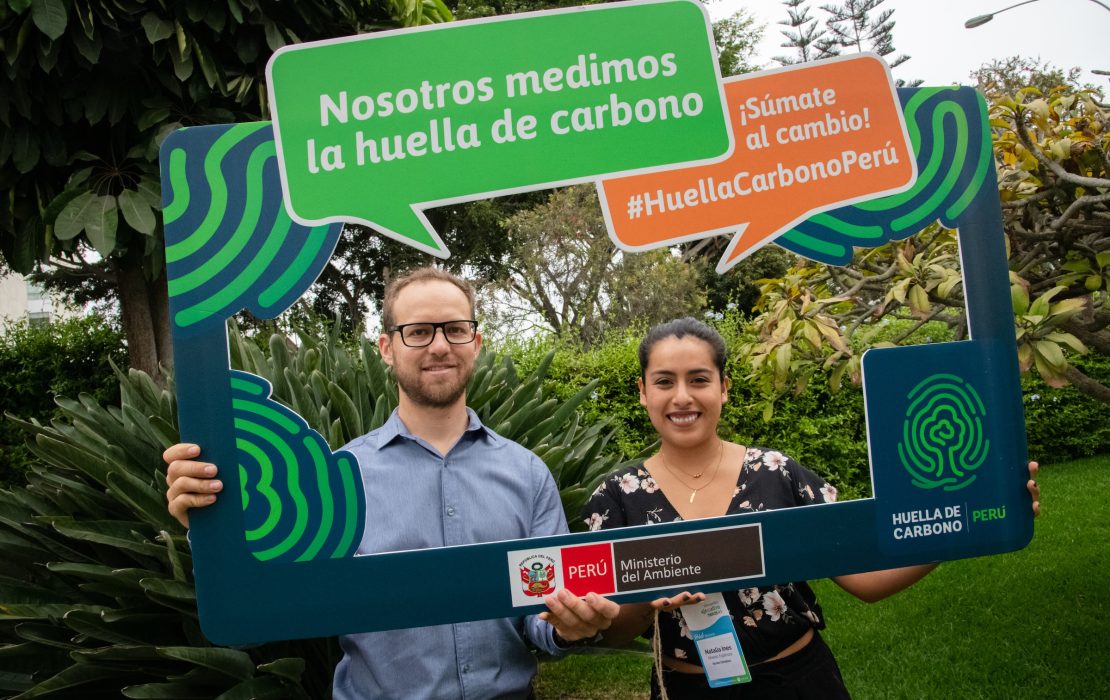
The Latin America and the Caribbean Climate Week 2022 took place last week in the Dominican Republic. Delegates from the region gathered to discuss common opportunities and challenges to progress on climate action. I would like to take advantage of this moment to highlight how the region has progressed towards enhancing and implementing Nationally Determined Contributions (NDCs).
Last year, UNDP's NDC Global Outlook Report 2021: The State of Global Ambition provided a global analysis of the level of ambition reflected in the NDCs and the status of their implementation. As a follow-up to this report, UNDP developed regional snapshots that build upon the information that was published in October 2021. For Latin America and the Caribbean (LAC), The State of Climate Ambition 2022- LAC Regional Snapshot was developed. 7 key elements of this report are presented below:
- 80 percent of LAC Climate Promise countries have submitted their second generation NDCs. Out of 33 LAC countries, 25 received direct support through UNDP’s Climate Promise. Of those, 20 countries have already submitted their updated NDCs to the UNFCCC.
- The LAC region scores higher than global average for NDC quality. UNDP developed a Quality Assurance Checklist that allows governments and/or other practitioners to systematically review opportunities to improve NDC quality against three dimensions: I) Robustness, I) Feasibility, and iii) Ownership and Inclusivity. Higher quality NDCs, like those we are seeing in LAC, mean that countries will be more likely to finance and implement their NDCs, turning pledges into action.
- The NDCs confirm that LAC countries continue to prioritize climate adaptation. In response to the strong interest of LAC countries to strengthen climate adaptation components in their NDCs, UNDP and its partners supported the alignment of existing National Adaptation Plans (NAP) with the NDC review exercises that took place in 2021 and 2022. As a result, 94 percent of countries supported by the Climate Promise raised their climate adaptation commitments.
- The LAC region has strong institutional coordination and stakeholder engagement mechanisms. 77 percent of Climate Promise supported countries indicated they had NDC coordination mechanisms. This highlights how the development of LAC NDCs has achieved an important degree of inclusivity of key stakeholders at the national level and is backed up by a very strong sense of ownership and institutional coordination. This achievement is particularly relevant as it strengthens the possibilities for LAC Governments and civil society actors to work together to fast-track NDC implementation.
- Transparency is prioritized in all the countries supported by the Climate Promise, 12 percent have established Monitoring, Reporting and Verification systems while the other 88 percent are in the process of establishing them.
- Finance continues to be a major challenge for NDC implementation in LAC. 35 percent of LAC countries supported by the Climate Promise do not have an NDC finance strategy. However, LAC Governments are prioritizing NDC specific public finance strategies. 81 percent of countries are currently mobilizing and redirecting public finance to support NDC implementation and 19 percent are developing new strategies for that purpose.
- The region is showing an increasing interest towards carbon markets and voluntary carbon footprint programmes. Many LAC countries have high expectations that carbon markets will offer important options to scale-up NDC implementation while also accelerating national decarbonization investments. UNDP has successfully supported important Voluntary Carbon Footprint Programs, by replicating the efforts deployed in four pilot countries in the region. These initiatives represent an important opportunity to scale-up private sector engagement.
I invite you to explore the full LAC Regional Snapshot here.


